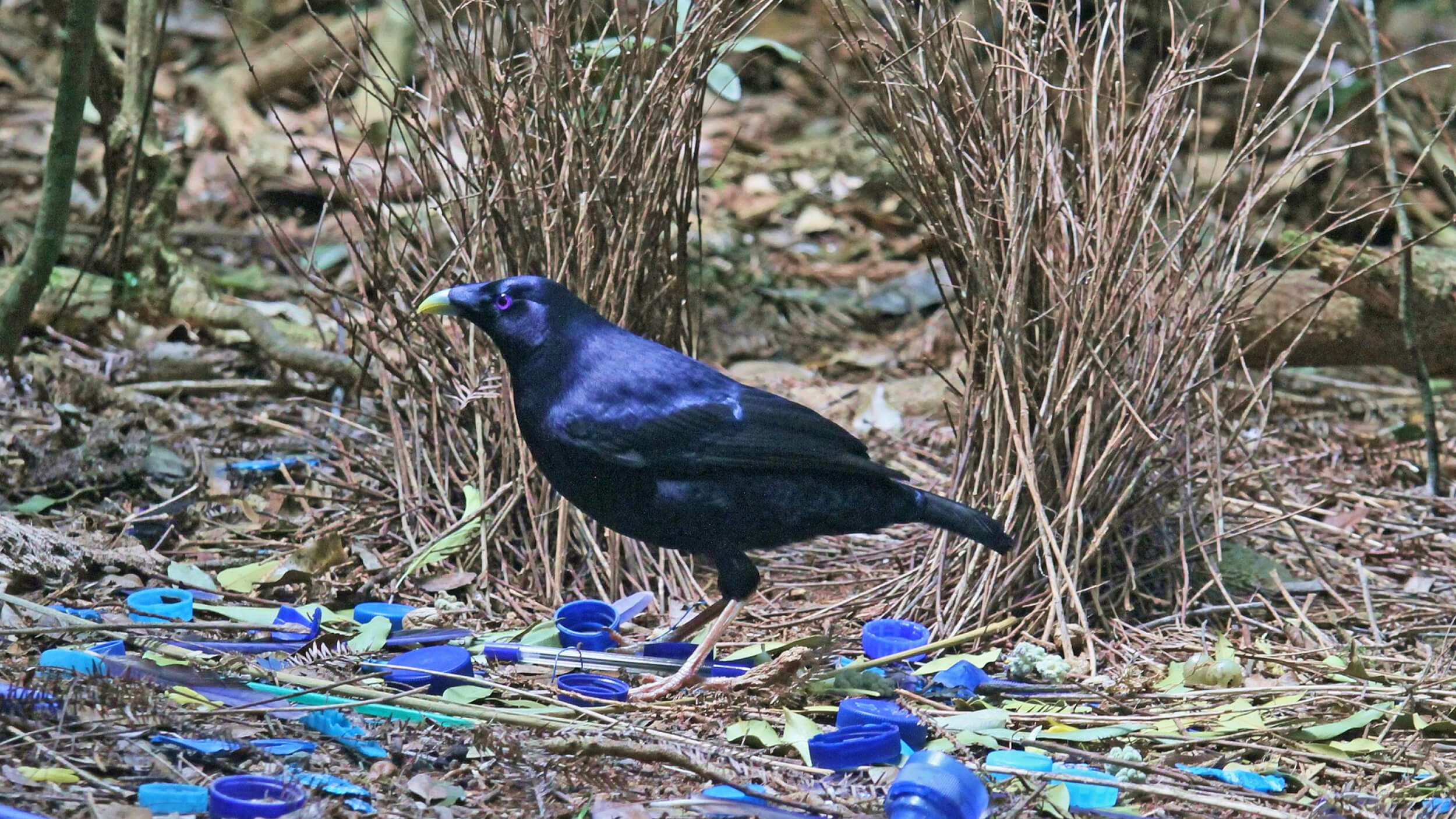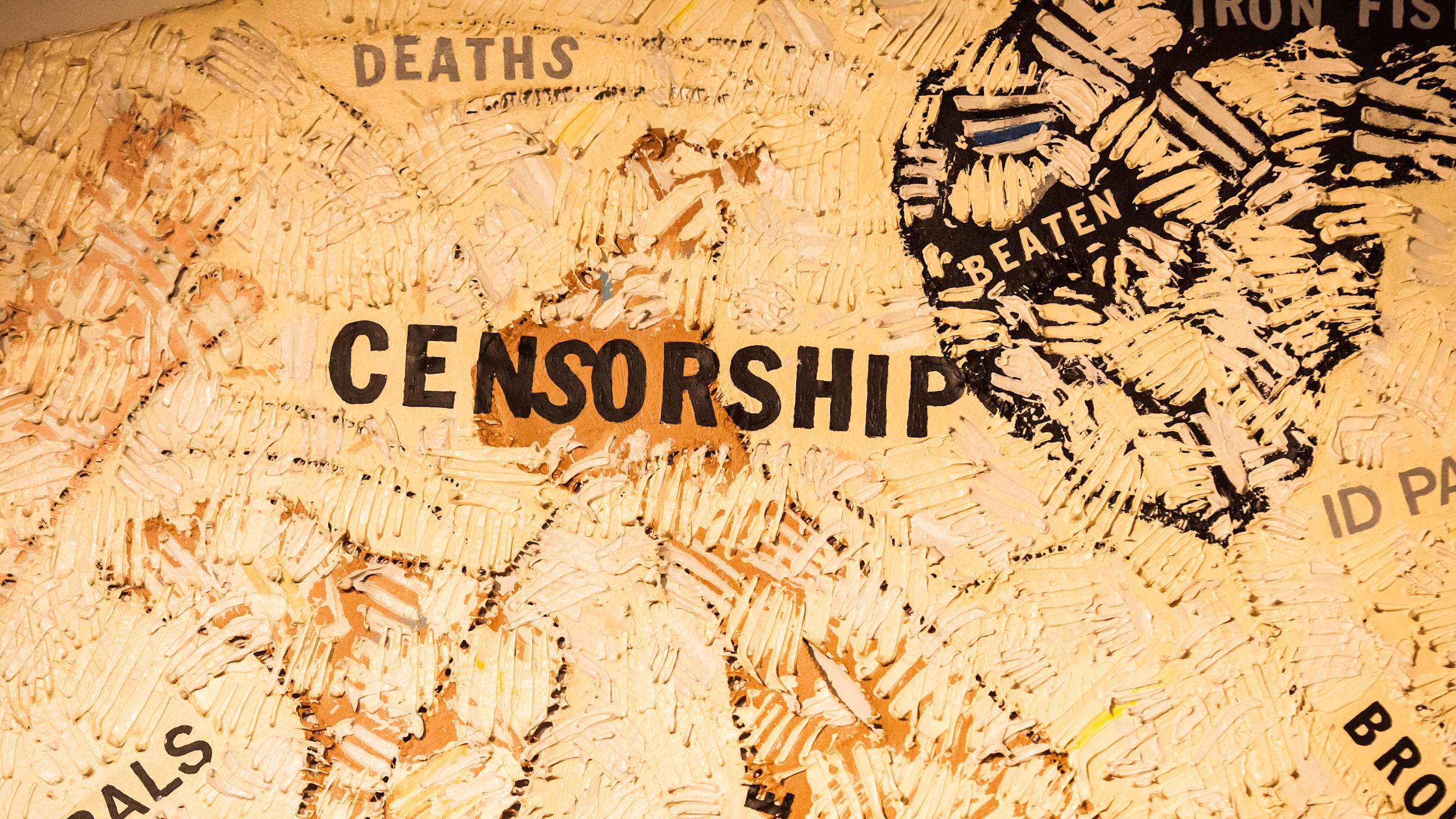The famed evolutionary biologist summarizes his research into the genetic basis of evolution.
Question: What is the central tenet of your book, The Selfish Gene?
Richard Dawkins: Natural selection chooses among self-replicating entities. Those self-replicating entities have some kind of power over their probability of being copied, of being replicated, of being passed on. In practice that almost always means choosing between alternative DNA genes. So it's about the natural selection, the disproportionate -- it's about the unequal survival of genes through generations. That is natural selection. We see it in the form of changes of phenotypes; that's to say changes in bodies, because it's through the changes in the bodies that the genes induce, that they insure their survival or fail to survive. The ones that are good at surviving are the ones that are good at building bodies that are good at surviving and reproducing.
Question: What does it mean that we’re gene machines?
Richard Dawkins: We’re gene machines in the sense that a body is constructed by genes that have been successful in surviving in the past; they're good at surviving because they're good at constructing machines in which they survive. So a body is a machine for the propagation of the genes that built it.
Recorded on: October 21, 2009. Interviewed by Paul Hoffman.






